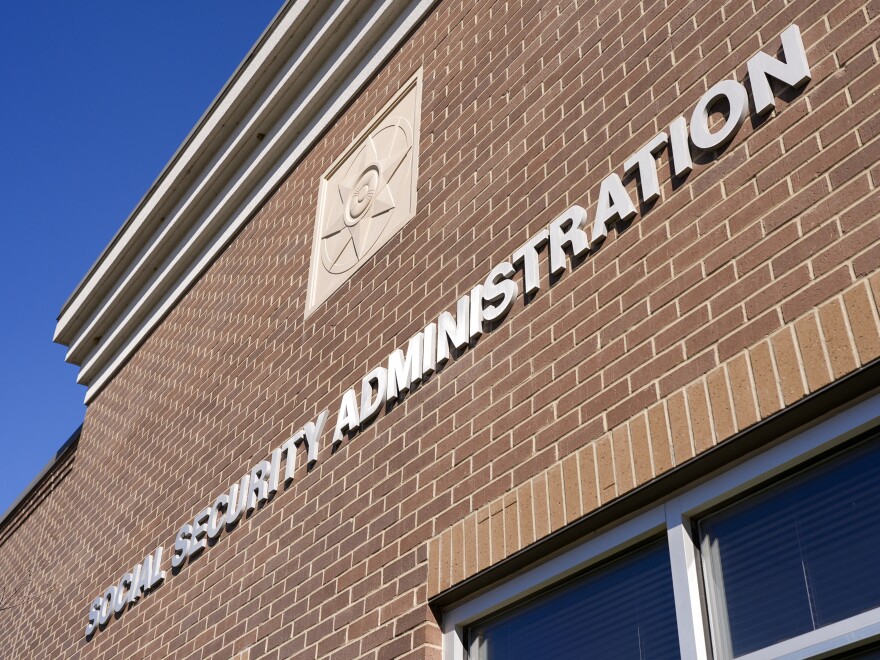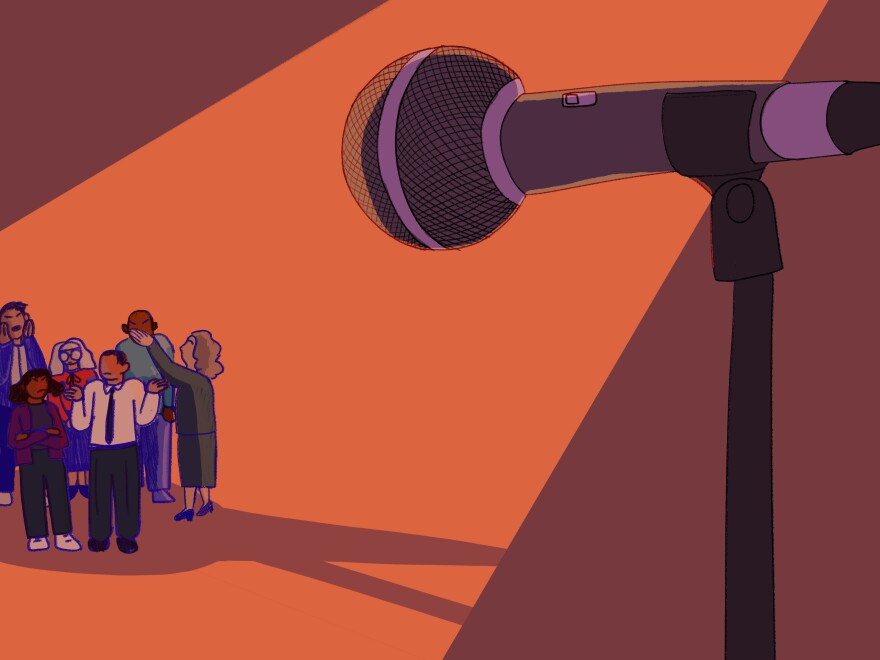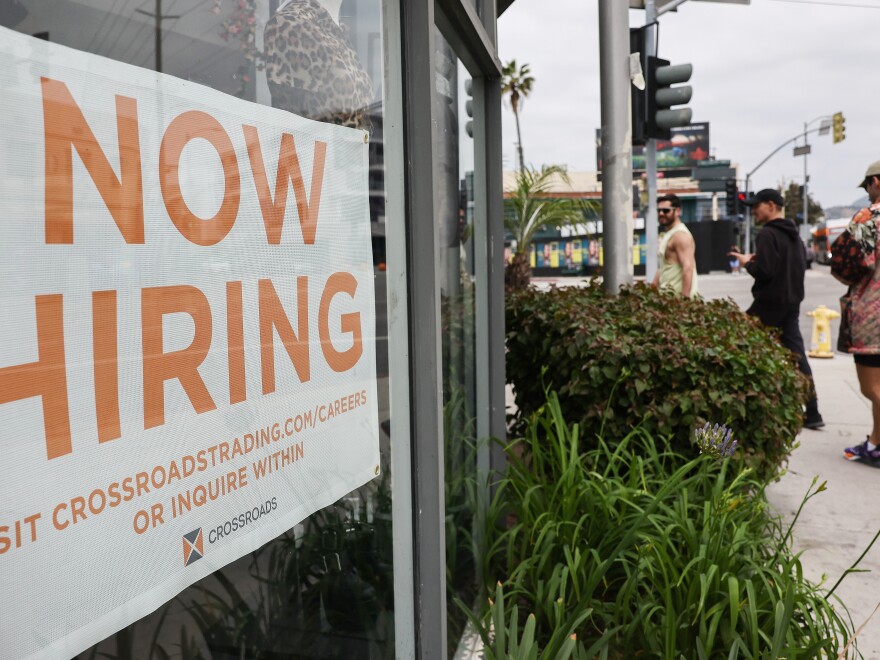Phone calls to local Social Security offices are currently being rerouted to other field offices often to staff who don’t have jurisdiction over the caller’s case, employees say.
Experts and advocates for individuals with disabilities warn that this is making it more difficult for people to seek treatment.
The most recent modification is a part of the Social Security Administration’s ongoing attempts to reduce phone service wait times.
“The phone sharing system aims to improve customer service by cutting down on wait times and attending to customer needs at the initial point of contact,” an agency official told NPR in a statement.
“Under the newly implemented system, calls to local field offices may be routed to available staff at other field offices, regardless of geographic location, to help manage high call volumes.”
The head of a union that represents workers at 25 locations throughout the state, Angela Digeronimo, a claims expert in Woodbridge, New Jersey, told NPR that the new system puts those who call in to their local office in a “hit or miss” situation.
This modification “may have been to not have callers waiting,” according to Digeronimo, which is a positive thing. However, she claimed that in reality, if a caller is sent to a local office that is unable to resolve their issue, it takes longer to resolve the issue.
“If it’s someone else’s office, the jurisdiction is someone else’s,” she stated. “Your office lacks the capacity to resolve the claim, so you are unable to take any action. The public member believed they were doing what they were supposed to do, which is to refer it to the servicing office. Thus, it becomes quite difficult.
A spokesperson for the agency rebutted the claim that callers are getting routed to offices that can’t help.
“All SSA field offices are equipped to handle inquiries and resolve issues for callers, irrespective of where a caller lives or where their case originated,” a spokesman said in a statement. “SSA staff across the country have access to the necessary systems and information to assist with a wide range of Social Security matters.”
However, that’s just not how the system operates, according to Amber Westbrook, a field office employee in the Chicago area and president of a local union chapter.
“Our system is very specific to the office that we can do things in,” she said. Therefore, I am physically unable to resolve their case if another claim is pending at another office. It’s simply the manner in which they hold onto that to ensure that everything is correct and comprehensive.”
However, if they are in the incorrect jurisdiction, Westbrook added, employees in other field offices may be able to observe what is happening with someone’s case, but they are unable to “actually take care of the issue.”
Jen Burdick, a supervising attorney at Community Legal Services of Philadelphia, said the new phone sharing system is creating a situation where it is taking her group “more time to help people” get and keep Social Security disability benefits.
“I feel like perhaps there was good intentions here, but this is ineffective and this is going to waste more people’s time, at least when I am rerouted to another office,” she stated.
However, Burdick stated that she is particularly worried about those who are not receiving assistance from a representation.
What effect does that have on them? “Does that mean they won’t be able to call SSA in the future?” she inquired. “I’m worried that it’ll undermine confidence in the system.”
According to Westbrook, there has also been very little information shared with staff on the duration of this initiative.
“They haven’t really given us a whole lot of idea of how long this is going to last,” she stated. “With the agency, things are changing so quickly that things might not be the same tomorrow as they are today. For people, it has been a furious time.
Before enacting a new system, officials in previous administrations would have sought input from all levels, according to Nancy Altman, head of Social Security Works, an organization that supports the extension of Social Security.
“So everyone understands when it’s happening, how it’s going to happen, what they’ll do with overflow and so forth,” she continued. “Then you announce it to the employees and it’s only then that you roll it out to the public.”
Altman said phone sharing is also another example of the agency rolling out a new policy without a heads up to the public and stakeholders, which is forcing advocates and beneficiaries to scramble.
“It’s hard for those of us on the outside to keep up with,” she stated. “The media finds it challenging to stay up to date. However, the American people and workers find it difficult to keep up with it.
Copyright 2025 NPR






